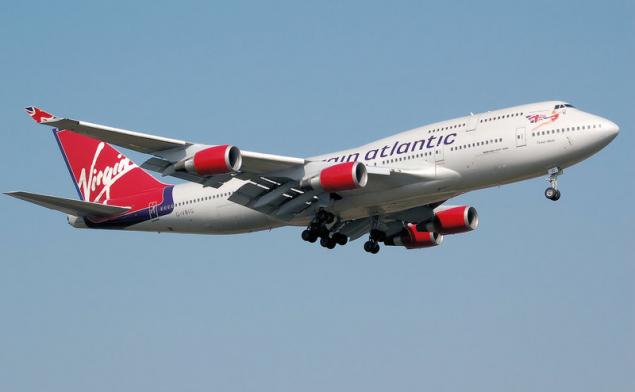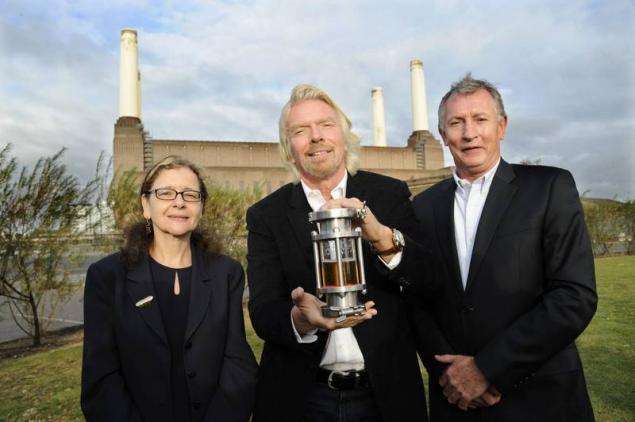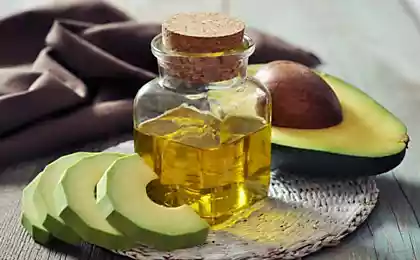439
Virgin Atlantic is testing an alternative fuel
Industrial enterprises around the world are working to reduce their carbon emissions. One of the industries where there are large emissions is aviation, and she is struggling to find ways to reduce their emissions even while air transportation still on the rise worldwide.

Airlines are experimenting with various alternatives to conventional jet fuel. KLM experimented with algae and launched transatlantic flights using a mixture of kerosene and vegetable oil. United Airlines operate flights between San Francisco and Los Angeles that use biofuels. The problem with these types of fuel is that they are impossible to produce in large volume.
After five years of research and development, Virgin Atlantic and LanzaTech have found a source of fuel for jet engines — waste gases of metallurgical plants. A new type of fuel has been extensively tested performance and the company's claim that it will give 65 % saving of carbon emissions compared to conventional fuels.

The process is that flue gas from steel mills or other industrial businesses, is fermented into alcohol. Then the alcohol is transformed into raw material for ethanol production, which can be turned into jet fuel in a ratio of half gallon to a gallon of raw.
This technology could really affect the carbon emissions from steel mills from aircraft. LanzaTech estimates that this technology could meet 20% of fuel requirements in the entire aviation industry.published
Source: www.poughkeepsiejournal.com/story/life/2016/10/13/earth-wise-virgin-atlantic/91991614/

Airlines are experimenting with various alternatives to conventional jet fuel. KLM experimented with algae and launched transatlantic flights using a mixture of kerosene and vegetable oil. United Airlines operate flights between San Francisco and Los Angeles that use biofuels. The problem with these types of fuel is that they are impossible to produce in large volume.
After five years of research and development, Virgin Atlantic and LanzaTech have found a source of fuel for jet engines — waste gases of metallurgical plants. A new type of fuel has been extensively tested performance and the company's claim that it will give 65 % saving of carbon emissions compared to conventional fuels.

The process is that flue gas from steel mills or other industrial businesses, is fermented into alcohol. Then the alcohol is transformed into raw material for ethanol production, which can be turned into jet fuel in a ratio of half gallon to a gallon of raw.
This technology could really affect the carbon emissions from steel mills from aircraft. LanzaTech estimates that this technology could meet 20% of fuel requirements in the entire aviation industry.published
Source: www.poughkeepsiejournal.com/story/life/2016/10/13/earth-wise-virgin-atlantic/91991614/
Sod house — a unique phenomenon in Icelandic ekoarhitekture
An old Russian remedy to cleanse the body and skin





















